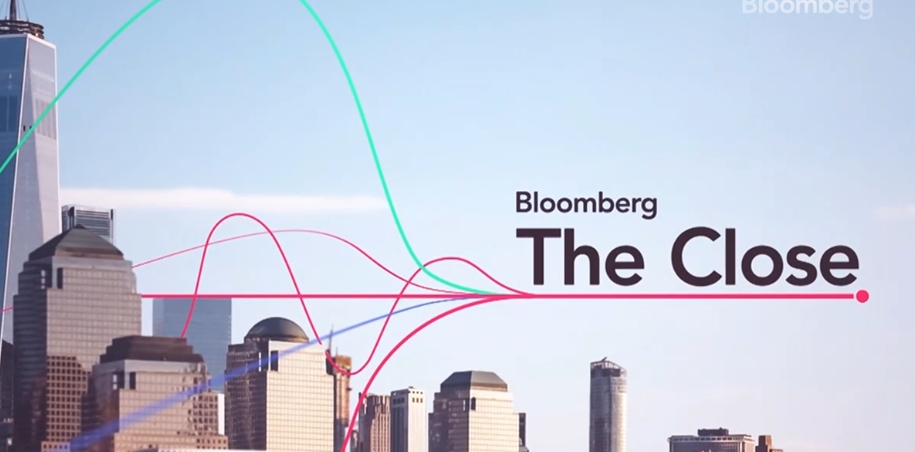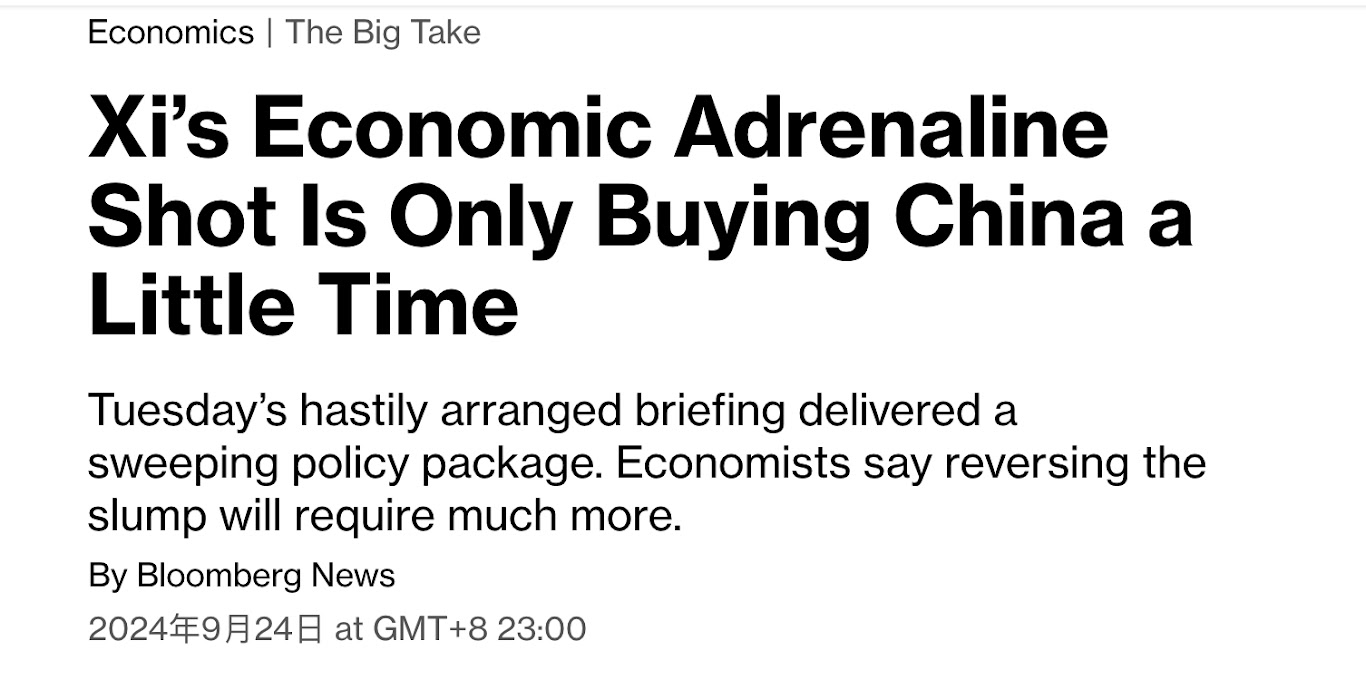Abstracts:
The paper focuses on the close link between the real estate crisis and the financial crisis, mentioning that the bursting of the real estate bubble in China has had far-reaching effects on the economy, and that excessive borrowing by residents has led to weakened consumption, creating a vicious circle. The current economic dependence on exports and the pressure on exports due to the appreciation of the RMB have accelerated the deleveraging process and triggered a "balance sheet recession". In the face of the crisis, the government needs to act decisively to prevent the credit crisis from spreading across the debt and financial system. The mirror of history reminds us that the banking system may be at risk of technical insolvency, and that the future negative impacts may be countered by central bank intervention, but with inflationary and fiscal pressures.
main body (of a book)
The relationship between real estate and finance is like a rope that connects the two ends, pulling one hair and affecting the whole body. Historically, nine out of ten crises are closely related to real estate. Real estate not only covers a lot of industries, it is involved in a large number of bank credit, whether it is the debt of developers, or personal mortgage, and ultimately are closely related to the bank. Therefore, if the real estate crisis is not effectively resolved, it will inevitably evolve into a financial crisis.
China's real estate market once reached an astonishing peak, with a real estate bubble as high as RMB 450 trillion, making it one of the largest asset bubbles in human history. And now, this bubble has burst, and housing prices have fallen dramatically. This phenomenon is a huge historical turning point that has directly changed all past economic expectations and decisions. Any investment behavior that ignores this context may be at great risk.
The current economic predicament is ostensibly due to sluggish consumption and weak demand, but the root cause lies in the fact that in the course of the previous rise in property prices, many residents have overdrawn their future incomes by over-indebtedness in purchasing properties. Now that people are burdened with heavy debts, they naturally do not have extra money to spend on consumption. Consumption is sluggish, enterprises have difficulties in operating and incomes fall, which in turn further affects consumption, and the economy is caught in a vicious circle.
The only support for China's economy today is exports, but a sharp appreciation of the RMB will hit exports and could add to the economic woes. In the face of such economic pressure, many people are choosing to sell their assets, pay off their debts early and reduce their leverage. However, this approach has led to a further decline in asset prices and an acceleration of the deleveraging process, which is known as a "balance sheet recession".
At present, the Government is not taking decisive action. This has allowed the crisis to continue to fester and deteriorate further. If it is not resolved in a timely manner, the real estate crisis may gradually evolve into a more serious debt crisis, and the bad debts of the banking system will increase substantially, eventually dragging down the entire financial system.
The links in the economic system are interlocked; one person's debt is another person's asset, and one person's consumption is another person's income. When residents have no money to spend, demand is insufficient, supply is excessive, and eventually businesses go bankrupt, leading to increased unemployment and a vicious cycle. And real estate debt default, the ultimate consequences are often borne by the bank. The core of the bank's operation is a highly leveraged operation, once the loss of assets reaches a certain percentage, the bank may fall into bankruptcy.
History is always strikingly similar. In the past, China's banking system also experienced a moment of technical bankruptcy, and today we seem to be standing on the brink of a crisis once again. In the future, the crisis in the banking system may further manifest itself. Although banks can cover up their bad debts through financial means, the problem will not go away and will only get bigger and bigger. When the banks' shareholders' equity is depleted and the interests of depositors are threatened, a full-blown crisis in the banking sector may be imminent.
In the face of this potential financial turmoil, the central bank may eventually have to take over the whole situation. Whatever measures are taken, there are unavoidable side effects. The injection of liquidity will stabilize the banking system in the short term and ease the panic. However, it can trigger inflationary pressures and lead to currency devaluation. The establishment of an asset management company to buy the bad debts of banks to help clean up their balance sheets, the central bank or the Government, burdened with a large number of non-performing assets, may face financial pressure and even increase the national debt burden.



